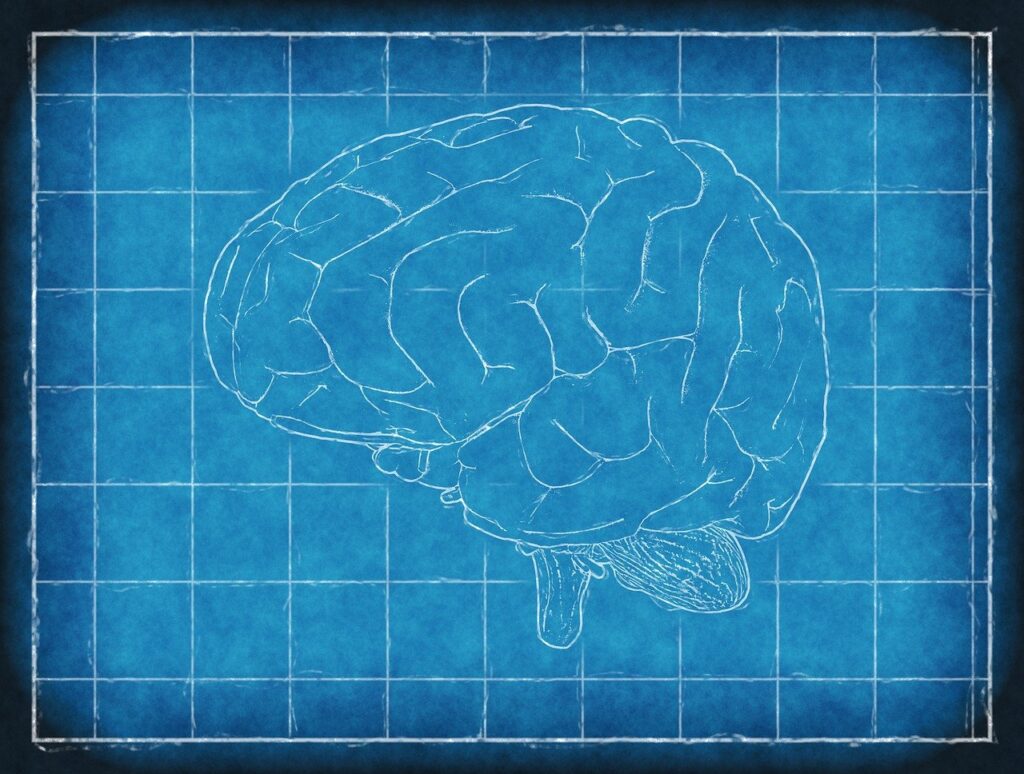Introduction
Having fully established the comprehension and extension of the term theology, we now move to discuss what is considered the handmaiden of theology–philosophy. What tools can we use from philosophy and human reason in matters of the divine faith and sacred science? This is an important foundation to lay so that we not err in excess as the rationalists do or err in defect as the Anabaptists and enthusiasts do. Through this topic we will establish theology as the highest discipline but also determine the ways in which lesser disciplines can be used as tools. Thus, we will consider the use of various things such as the senses, philosophy and reason, mixed syllogisms, and necessary consequences.
Is It Right to Use the Senses in Matters of Theology?
The issue of using the testimony of the senses in theology stems from debate with the papists and their denial of the use of senses in matters concerning the Eucharist. In order to better support the doctrine of transubstantiation, the papists deny such use; however, the Reformed openly accept the testimony of the senses when it comes to theology treating of corporeal things. So, the testimony of the senses are not to be regarded in all matters but only those which concern themselves with temporal objects. Many passages in Scripture affirm the use of senses in assent to theological doctrines. For example, when Mary Magdalene and Mary the wife of Cleophas were at the tomb of Christ, the angel attested to the fact of Christ’s ascension by appealing to their senses saying, “He is not here, for he has risen, as he said. Come, see the place where he lay” (Mt. 28:6, see also Acts 1:11). The fact that no one can perceive Jesus on earth proves the very fact of his ascension. Therefore, the use of senses when it comes to the absence of Christ’s body is rightly used. They are also rightly used against the doctrine of transubstantiation where in the Holy Supper we only perceive bread and wine. We are not deceived by the senses in thinking that the bread and wine remain after consecration.
Can Philosophy and Human Reason be Rightly Used in Matters of Theology?
Some err in defect by not attributing any use to philosophy and reason in theology as the enthusiasts and Biblicists often do while other err in excess attributing too much to the use of reason as the rationalists do. Tertullian’s famous question asks what the relationship between these two disciplines are: “What does Athens have to do with Jerusalem?” The question represents by way of metonymy two abstract ideas: the Greek mind and the Hebrew mind. The Greek mind represents a way of thinking through pure rationality in philosophical pursuits while the Hebrew mind represent a way of thinking through narrative fashion by the assent of faith in theological matters. Some have supposed a striking dichotomy between these two; however, both are necessary in the pursuit of truth, and neither should be diminished for the other. One cannot conflate the two, but one should also not entirely separate the two. Philosophers (i.e., the Greek mind) come to truth using human reason, which mankind is gifted by God with, being made in the imago Dei. Philosophy concerns itself with natural truths attainable without divine revelation, such as the need for a purely actual actualizer. On the other hand, theologians come to truth through faith in divine revelation which reveals supernatural truths not attainable through reason alone. For example, one can never deduce from pure reason that God exists in tri-unity. With philosophy, mankind can assent to the existence of God but cannot assent using reason alone to the tri-unity of him. Moreover, faith trusts that God is also mankind’s savior rather than merely God as creator which philosophy can bring us to. The distinction between ‘Athens’ and ‘Jerusalem’ becomes apparent with these observations; however, both are related. In matters of faith, one can use reason to come to necessary conclusions from principles laid out in Scripture. These are called good and necessary consequences. Even if a truth is not explicitly laid out in Scripture, one can take the truth already stated and further deduce doctrine. For example, the Trinity is not explicitly stated in the Bible: God is one in three persons. However, we can deduce necessarily the doctrine of one God subsisting as three persons from accumulated doctrines already laid out explicitly in Scripture (i.e. there is one God, the Father, the Son, and the Spirit are three distinct persons yet each fully God). To add, if one were to not recognize necessary consequences, then Scripture would be illogical making the author contradictory and the reader an irrational brute. Instead, we see God as the author who “being infinitely wise and foreseeing all that could be deduced from the word, spoke that whatever could be lawfully gathered from what he said should be considered as his word” (Turretin, IET 1.12.9). And, the intended audience being rational, the use of necessary consequences remain valid. Furthermore, a philosopher must never contradict true theology for natural truths are subjugated to supernatural truths. Thus, to not err in defect (philosophy is useless) or in excess (philosophy supersedes theology), one must maintain a careful distinction between the two, yet still use both in either area of knowledge—faith or reason. The system of truth laid out in this series uses philosophy in theology like the way a handmaiden is useful to a queen.
Mixed Syllogisms
A mixed syllogism in theology is when one premise contains a supernatural truth as revealed in divine revelation while the other premise contains a natural truth knowable by human reason. Some doubt the validity of these syllogisms in the discipline of theology; however, the conclusion of these syllogisms rests on faith, not human reason. Because of this, the use of mixed syllogisms is valid. For example, denying that the glorified body of Christ is everywhere, one takes from Scripture that Christ’s body is real and from reason that a real body cannot exist everywhere. The proposition takes its denomination from the subject (which is of faith), not from the predicate (of reason); therefore, the proposition is theological and of faith but predicated by reason. So, the supernatural truth remains the foundation of the conclusion, while the natural truth is only used as an instrument to elucidate the conclusion.
Conclusion
Outside the mere assent of faith in theological matters, we have established the use of senses, reason, philosophy, necessary consequences, and mixed syllogisms. These will be used as instruments to prove various things rather than being the foundation of theological doctrine. Through the use of these tools, we do not err in defect to the irrational side of enthusiasts and Biblicists. However, we do not elevate these to the foundation of theology or the only means by which we can discover true theology ignoring divine revelation. Having declared the use of handmaidens, we will now proceed to a discussion of fundamental articles which will finally conclude the prolegomena section of the systematic theology.

